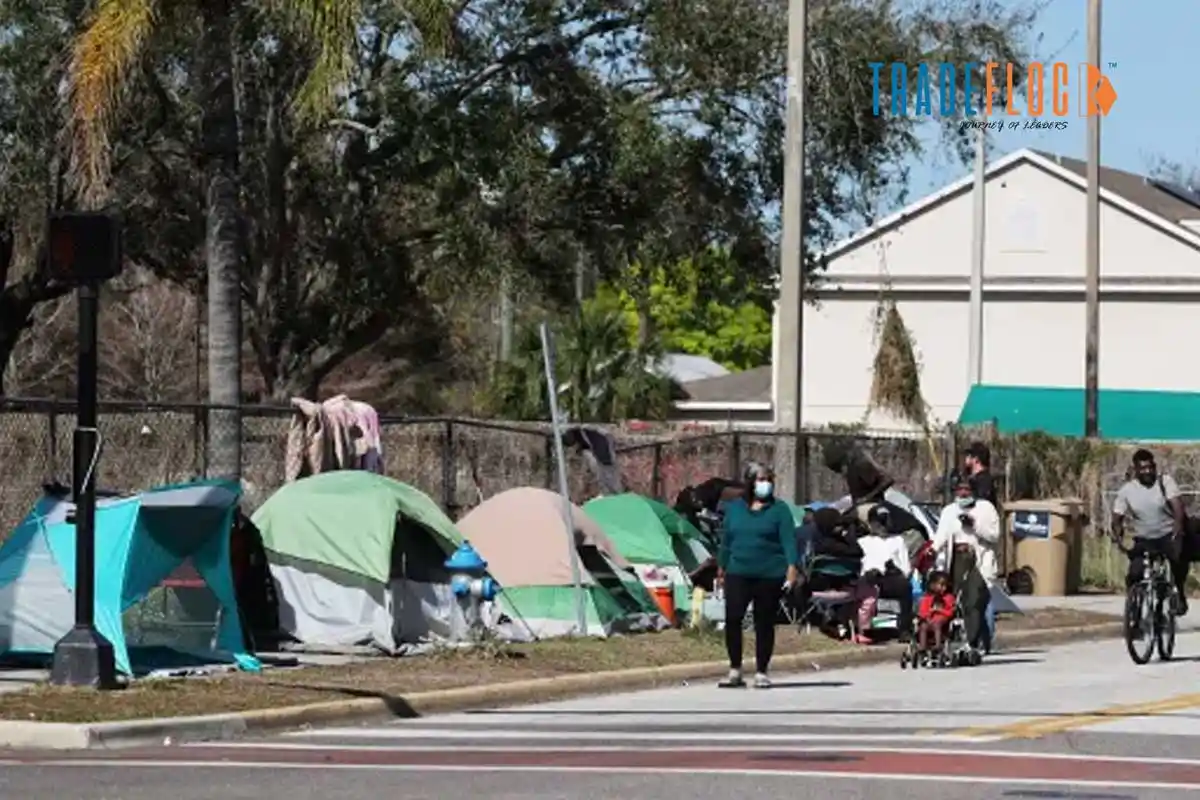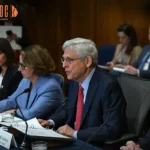On March 20, Florida’s Governor, Ron DeSantis, took a firm stance on homelessness as he signed a law bill that bans public sleeping and camping on municipal properties like sidewalks, streets, and parks across the state. This law is characterized as a “law-and-order” step that helps homeless people. Under this law, people won’t be allowed to camp in public areas with tents, temporary shelters, or bedding. Since the law was passed, it has sparked debate over its implications for vulnerable people across the state.
The Governor’s officials said the law would give homeless people resources “to get back on their feet” while simultaneously aiming to increase public safety. Gov. Ron DeSantis said in the statement, “Florida will not allow homeless encampments to intrude on its citizens or undermine their quality of life.”
While signing the bill, Governor DeSantis emphasized that the new law would ensure that the homeless people receive the necessary resources to reintegrate into society. He also highlighted the provision of “wraparound services,” which include mental health services, to ensure public safety and cleanliness on Florida’s streets. Moreover, under this law, homeless people can also be arrested if they refuse to stop campaigning in public spaces or do not abide by the law.
He also said that homeless camps are rising rapidly in other states across the country, including New York and California. Due to this, many homeless people shifted to Florida for safety. According to his views, the homeless population across the country increased by 3% between 2019 and 2022, and Florida’s homeless population decreased by 11%.
Sam Garrison, the bill’s sponsor, highlighted that the state has allocated $30 million to prepare for the law’s implementation, with a complete focus on “continuums of care,” which means regional bodies coordinating housing and services for the homeless. However, some critics are against the law, saying it doesn’t address the root cause of homelessness or provide long-term solutions. They also say that the funding will fall short of addressing the needs of complex homeless individuals. They highlight the concerns of the lack of adequate resources to support homeless people.
The law will be effective from October 1, 2024, and mandates municipalities to designate specific public spaces for homeless people to campaign and sleep without available shelters. This should have approval from the State Department of Children and Families. Further, the designated places must offer essential amenities like health services, security, and accessible bathrooms. Many advocates spoke on the significance of adopting comprehensive strategies like re-housing programs, rental assistance, and increased shelter capacity, which will be great in addressing the root cause of homeless individuals and providing them with long-term solutions.





